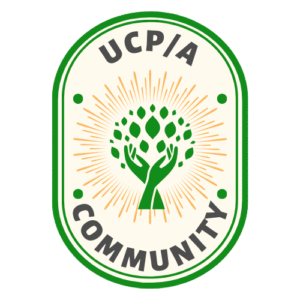States don’t build peace – people do.
According to the UN Refugee Agency, there are now a record high of 108.4 million people forcibly displaced by violent conflict, and the majority of deaths in conflicts are among civilians (UNHCR 2023). This makes the protection of civilians from physical harm in contexts of war and other political violence a pressing issue of our time. While the international community has acknowledged the need for protection, the physical safety of civilians is still imagined predominantly as a task of armed actors (UN blue helmets, national police or militaries, armed local self-defence groups, etc.). Yet not only does the demand for protection from physical harm exceed the offer by far; armed actors are often also rather (part of) the problem than the solution.
The originality of the Creating Safer Space research network is its focus on active nonviolent protection provided by unarmed civilians and deployed at the local level of communities, be it by outside specialists or community protection actors. Unarmed civilian protection (UCP) is “the practice of civilians protecting other civilians in situations of imminent, ongoing, or recent violent conflict. It involves trained international civilians protecting local civilians, local civilians protecting each other, and even local civilians protecting international or non-local civilians.” (Oldenhuis et al, 2021).
There are over 60 international NGOs and a growing number of national and local organisations currently undertaking protection work in at least 45 countries in conflict (Nonviolent Peaceforce, 2023), in addition to local self-protection initiatives such as peace communities and weapons-free zones using a range of proactive strategies to create safer space for civilian life amidst violent conflict (e.g. see Jiménez Ospina et al, 2023). They illustrate that the protection of civilians by civilians without the use or threat of force can work to create physical safety and may even do more: by providing a role model, and by not fuelling further violence, UCP can help break cycles of violence and thus contribute to longer-term peacebuilding. Initial research has suggested that UCP may often be more effective than armed protection and indeed, latest UN Security Council and General Assembly resolutions mention the potential of UCP, indicating some change in thinking even at the level of governmental organisations.
With its focus on enhancing and expanding existing capacities for UCP, and on shifting the way we think and talk about security, the Creating Safer Space Network helps develop this alternative story and approach into the go-to humanitarian strategy of the future.
For more information about UCP:
The UCP Research Database has over 700 resources about UCP, including academic research publications and NGO reports.
The UCP/A Community of Practice
The Creating Safer Space network is part of the UCP/A Community of Practice, which brings together people and organisations around the world that are practicing, researching and promoting Unarmed Civilian Protection and Accompaniment. Prof. Berit Bliesemann de Guevara, the Creating Safer Space Principal Investigator, is a member of the UCP/A Community of Practice Steering Group.





